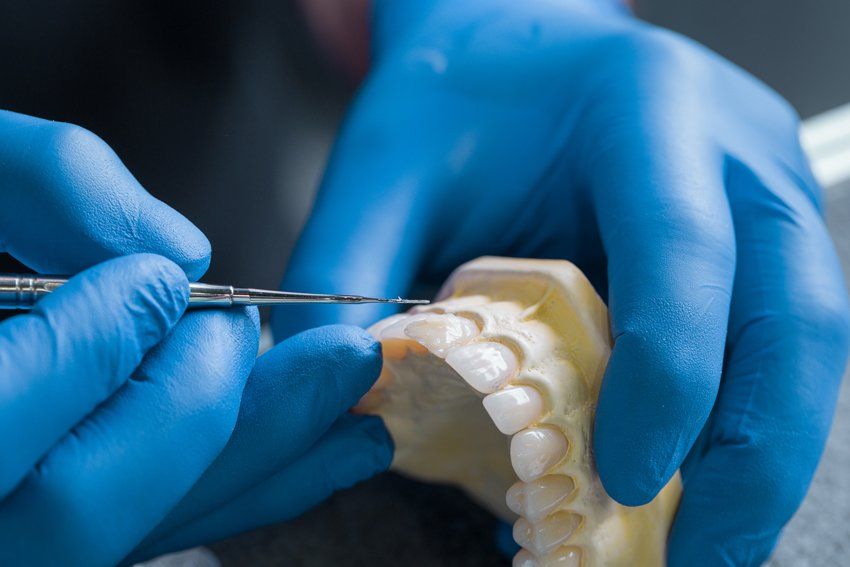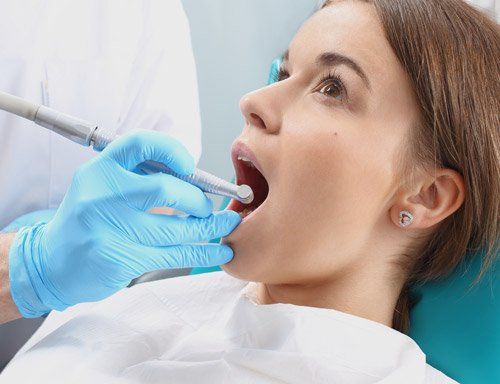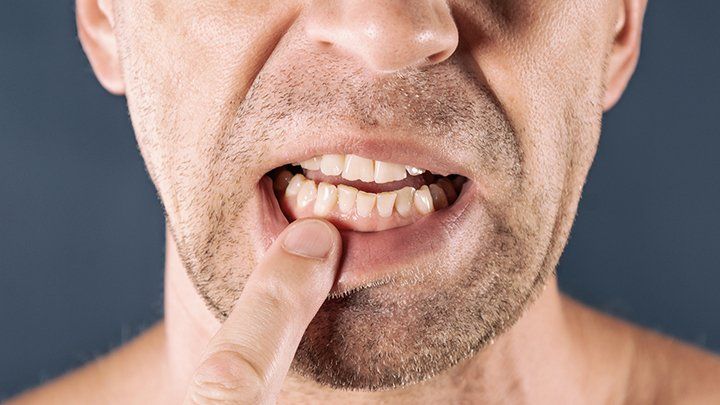3 Things Patients Should Know About Summer Dental Trauma
- By Admin
- •
- 30 Jul, 2018
- •

According to data from thousands of dental offices, office visits for dental injuries increase during summertime. The largest increases in dental emergency visits occur on Memorial Day, summer solstice, Fourth of July, and Labor Day.
Dental emergencies vary, but they all require swift, calm action on the part of adults. Here are three things to know about summer dental emergencies.
1. Summer Activities Increase Risks to Teeth
During summer holidays, families enjoy boating, water skiing, hiking, and biking. All of these activities can lead to sudden dental emergencies.
Dental emergencies can also occur during:
- Summer construction projects
- Tractor and farm work
- Horseback riding
- Summer sports camp
- Auto collisions
- Playground falls
- Poolside or diving injuries
Teeth may be knocked loose, cracked, chipped, or pushed out of position after a mouth injury.
2. Preparation Helps You Respond to Dental Emergencies
If your family is active during the summer months, be prepared for a dental emergency. Talk with your household members, including children, about how to respond during a dental emergency. If a tooth is knocked loose, make every effort to find the tooth.
Dental emergencies should be handled at the dentist's office. Post your dentist's phone number prominently where all household members can find it. If your dentist is not available, take the person with the dental injury to an emergency room or urgent care facility for examination.
Prepare a kit for dental emergencies. In a small pencil case or bag, place the following five items:
- Two zippered sandwich bags (to fill with ice)
- Clean washcloth or handkerchief
- Sterile gauze pads
- Pair of tweezers
- Small, leak-proof plastic container with screw-on lid
The patient can use ice to hold on the face near the tooth injury. A washcloth should be placed between the skin and the ice bag.
If the tooth injury is bleeding, the patient can use gauze to soak up blood inside their mouth.
Tweezers can be used to pick out any debris or tooth fragments in the mouth. This tool is helpful in the case of a severe injury where a child might choke on debris or shattered teeth. The tweezers can also pick up a knocked out, or avulsed, tooth by the crown. (Never pick up a knocked-out tooth by the roots if you can help it.)
Discard debris and flush the dirty area with normal saline or distilled water. You can use the cup and lid to hold a knocked-out tooth if it can't be inserted into the mouth right away. Tooth fragments can also be placed in the container. Cover the tooth or fragments in milk or a saltwater solution.
3. Root Canals Save Teeth After Dental Trauma
The treatment for a dental injury depends on the type of damage done to the teeth. When a tooth is only chipped, cosmetic procedures can restore the look and durability of the tooth. When the pulp of the tooth has been exposed, the tooth is at risk of dying.
A root canal procedure may save the tooth and should be strongly considered over having the tooth pulled. Your real teeth are preferable for your overall health than dental implants or bridges.
During root canal treatment, your dentist:
- Numbs the damaged tooth
- Opens tooth to access inner pulp
- Cleans and removes damaged pulp
- Refills pulp chamber with gutta percha
The refilled tooth can receive a temporary cap or a crown to protect the tooth from further damage. When teeth are bent out of position, a root canal may be followed by installation of a dental splint to hold the teeth in their proper place.
Root canal therapy is mostly painless, so you should call your dentist if you experience severe pain, bleeding, difficulty swallowing, high fever, or any other issues after root canal treatment. Root canal treatment can't save every traumatized tooth, but it can be used in many cases to restore a tooth that would otherwise be lost to a traumatic summer injury.
Contact the office of Teresita V Hernandez DDS to schedule an examination of your damaged tooth or teeth in the New Orleans, Baton Rouge, Northshore, and Houmas areas. We provide root canal, crown, and dental splint treatments and repair trauma to teeth.
A dental emergency can occur quickly. To be prepared in case of an emergency, learn more about sudden dental problems and how to treat them.
If you have avoided going to the dentist for an extended period due to dental anxiety or a dental phobia, read what you can do to remedy the situation.















